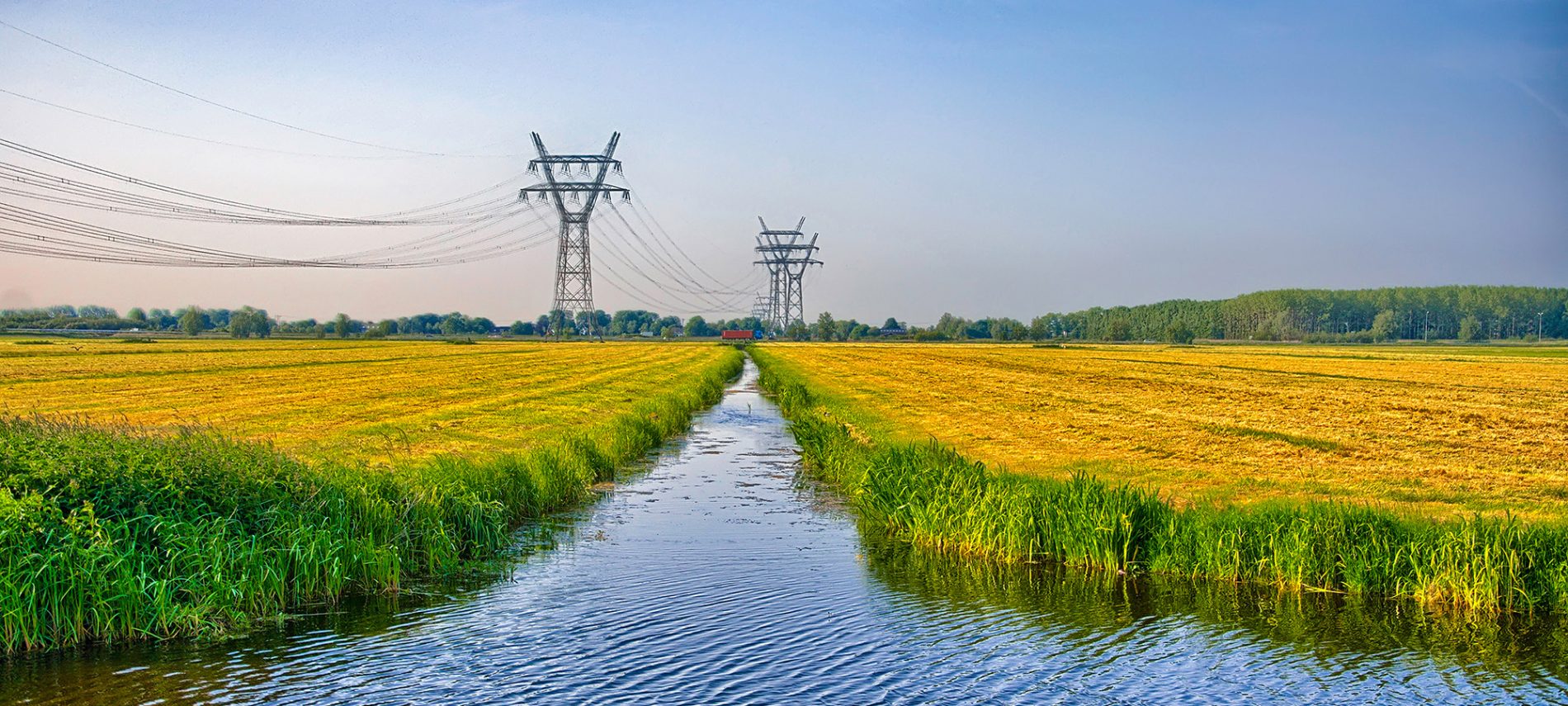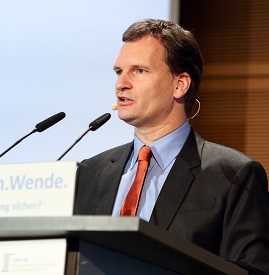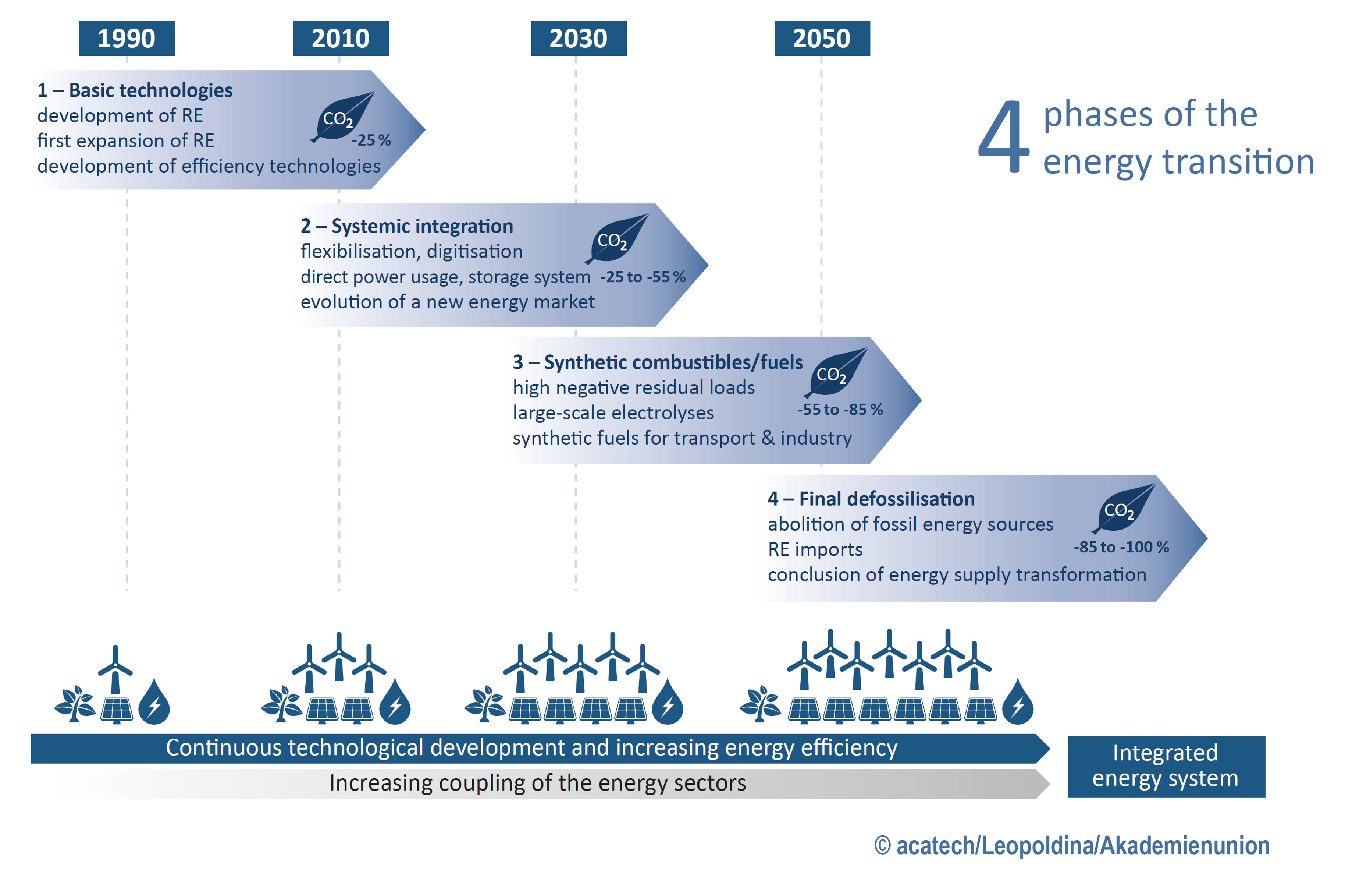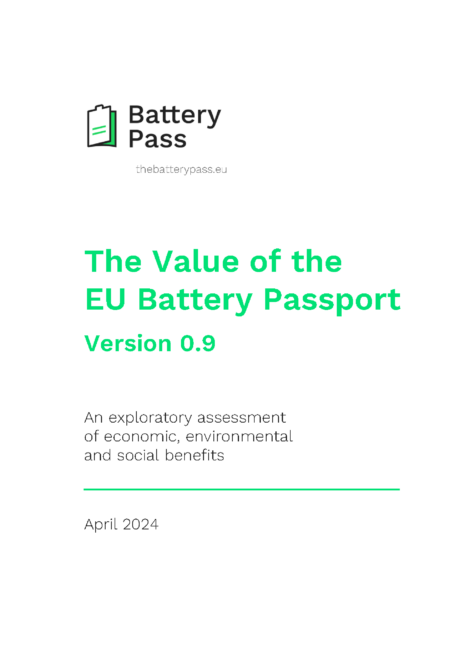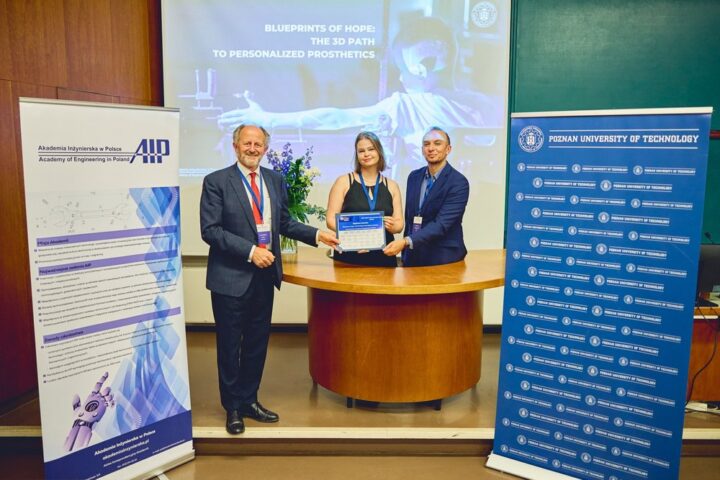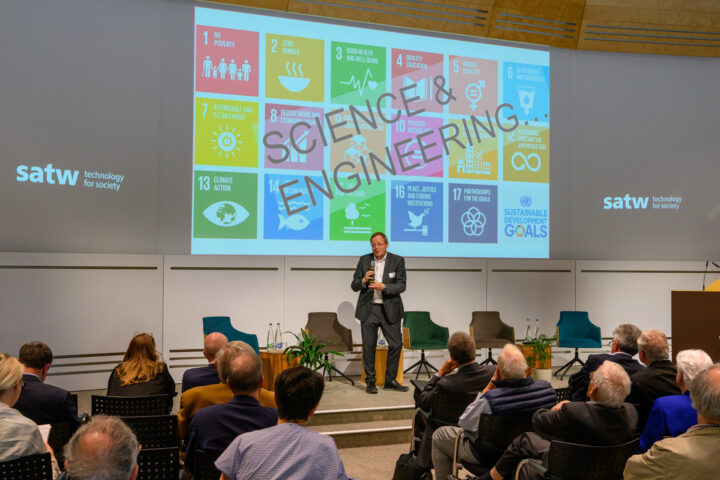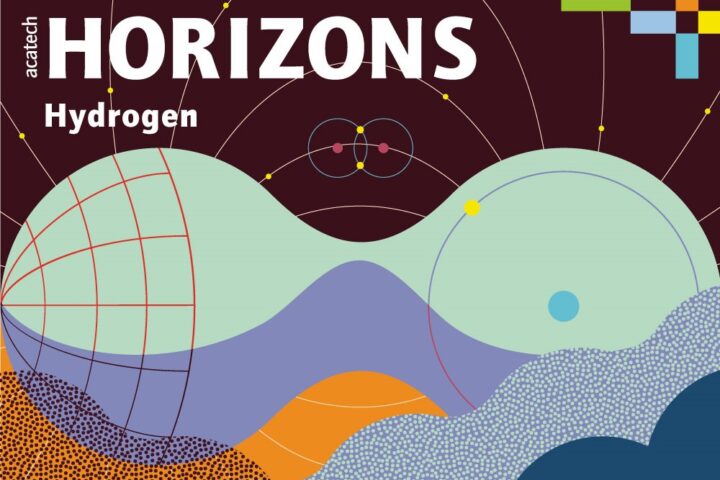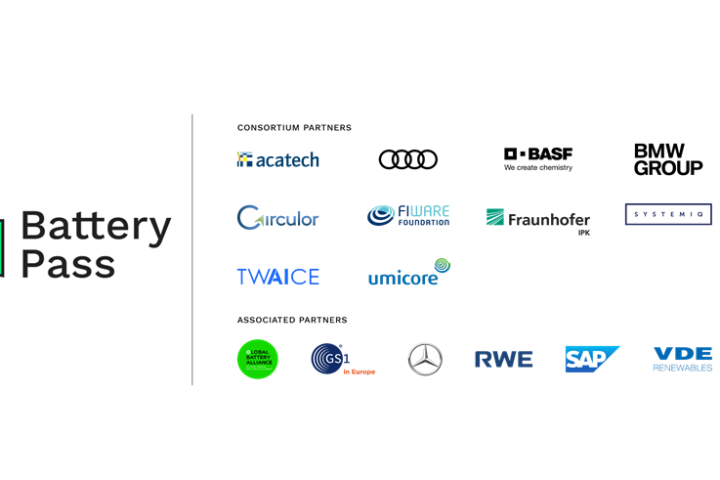According to the goals established by the Federal Government, our future energy supply should be secure, affordable and environmentally-friendly. In order to meet these goals and deliver on the targets of the Paris climate agreement, Germany is fundamentally transforming its energy system. The energy transition will only succeed if all parts of society are involved in shaping it. acatech is developing options for our energy systems and for achieving a circular economy. Its experts are identifying research priorities and formulating policy options in a number of interdisciplinary projects.
We have no choice but to succeed. While we can never go back to the old energy system, we still have to develop the new one. For the next phase of the energy transition, we need new business models and a reliable overall framework that facilitates the convergence of the electricity, heating and transport sectors.
Dirk Uwe Sauer, RWTH Aachen University,
member of acatech’s Executive Board and ESYS spokesperson
The energy systems of tomorrow
The smart way to go about establishing a climate-friendly energy supply is to make systemic and holistic improvements to our existing energy system. The corresponding holistic policy options are being developed in the joint academy project Energy Systems of the Future (ESYS). In this joint initiative, established in 2013, acatech, Leopoldina and the Union of the German Academies of Sciences and Humanities provide advice to policymakers with the assistance of over 100 experts from the science and research communities. For this project, acatech is the lead institution.
An international perspective on climate change
Every nation in the world is faced with the challenge of transforming its energy supply, and they can all learn from each other. This international perspective is examined by acatech and the Federation of German Industries (BDI) in the project Pathways into the energy future. The transformation of energy systems in an international perspective (German website).
Assessing and utilising new technologies
There is a growing gap in Germany between the Paris climate targets and our realistic long-term options for cutting CO2 emissions. An acatech POSITION PAPER describes how this gap could be closed by the deployment of Carbon Capture and Utilisation (CCU) and Carbon Capture and Storage (CCS) technologies. Despite the public controversy surrounding CCS in Germany, acatech calls for serious investigation and discussion of this option.
Geothermal energy also has the potential to provide our cities and metropolitan regions with climate-neutral heating, cooling and electricity. acatech is currently investigating these options.


